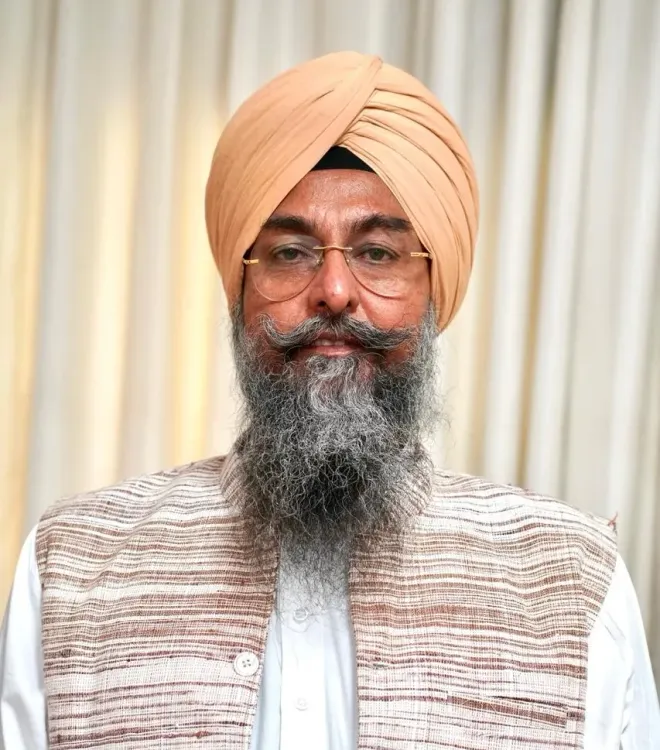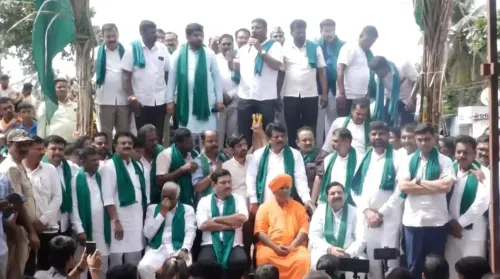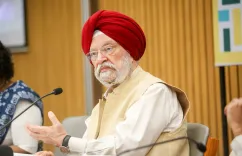Comprehensive Evaluation Required for River-Interlinking Project: Punjab Assembly Speaker

Chandigarh, Jan 3 (NationPress) The river-interlinking project put forth by the Union government requires a thorough evaluation and must be scrutinized carefully, stated Punjab Assembly Speaker Kultar Singh Sandhwan on Friday, describing this initiative as a remarkable disruption in natural ecosystems.
He warned that such large-scale projects could negatively influence agricultural productivity and disturb monsoon cycles.
In a formal statement, Sandhwan noted that Prime Minister Narendra Modi recently inaugurated the Ken-Betwa River Interlinking Project in Madhya Pradesh.
"While the Union government claims that the goal is to redistribute water resources to areas prone to drought," the Speaker remarked, adding that scientific studies suggest these types of interventions could greatly alter natural hydrological systems.
Sandhwan expressed worries that extensive hydrological alterations could unsettle established monsoon patterns, potentially jeopardizing agricultural sustainability and impacting various sectors across the country.
He called for a focus on water conservation and recycling programs, stressing the urgent need for implementing advanced water treatment and purification initiatives.
The Ken-Betwa Link Project is the first among 30 planned projects under the National Perspective Plan, managed by the Union Ministry of Jal Shakti for the development of water resources and river connectivity.
This initiative aims to redirect surplus water from Madhya Pradesh’s Ken River to Uttar Pradesh’s Betwa River, designed to improve irrigation in the drought-prone Bundelkhand region.
The Ken-Betwa River linking project is anticipated to meet the drinking and irrigation water requirements for at least 10 districts in Madhya Pradesh and several districts in Uttar Pradesh.
This project is projected to produce more than 100 MW of hydropower and 27 MW of solar energy.
It is expected to benefit 4.4 million people in 10 districts of Madhya Pradesh and 2.1 million in 12 districts of Uttar Pradesh, collectively forming the water-scarce Bundelkhand area.
The project gained momentum after Prime Minister Narendra Modi took office in 2014 and represents the largest irrigation initiative in the nation, featuring an underground pressurized pipe irrigation system.









